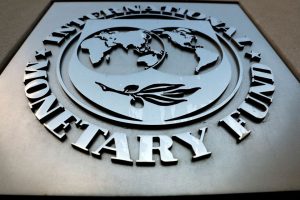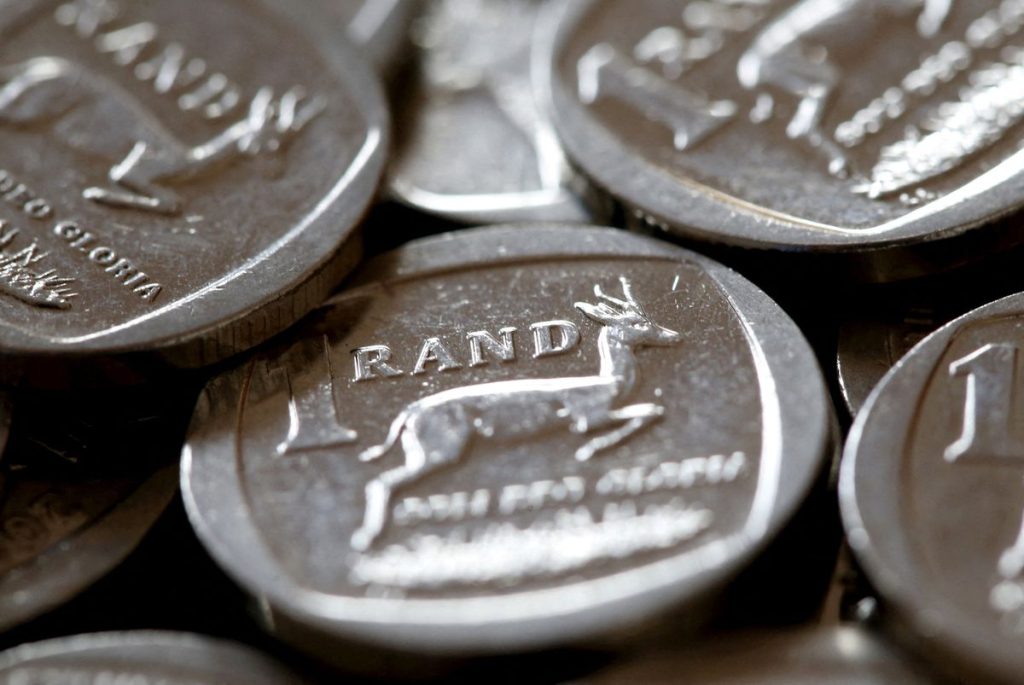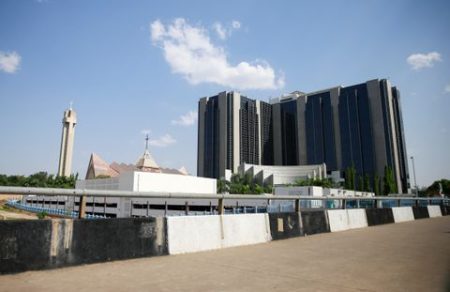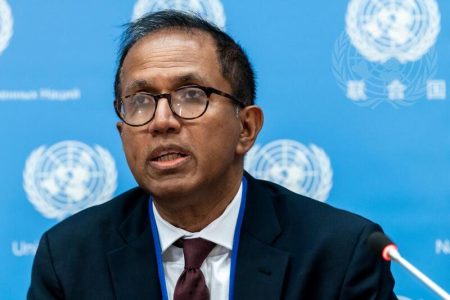
Johannesburg — The Sub-Saharan African economy is expected to grow 3.7% on average next year despite a worrisome global economic backdrop as falling inflation allows for looser monetary policy, a Reuters poll showed on Friday.
However, Sub-Saharan Africa is reliant on the wider global economy performing well and earlier this month the International Monetary Fund cut its growth forecasts for China and the euro zone and said overall global growth remained low and uneven.
The forecast in the poll of economists surveyed in the past week is below that of the IMF which estimates the region’s economy will grow 4.0% next year after expanding 3.3% this year.
Jane Morley, head of Sub-Saharan Africa Country Risk at Fitch Solutions said the region’s economy will gain momentum as inflation trends downwards and risk appetite towards emerging markets improves. She put the region’s 2024 growth at the poll median of 3.7%.
Morley expects performance in South Africa and Nigeria – which make up half of the region’s nominal GDP – to improve marginally, with monetary easing across most of its major markets feeding through towards the end of next year, supporting consumer and business activity in the second half.
Gross domestic product in Nigeria, the region’s biggest economy, is expected to grow 3.0% this year and next. Its growth rate slowed to 2.51% in the second quarter, hurt by a fall in oil production amid a series of reforms.
A Reuters poll earlier this month showed South Africa’s economy would grow 1.2% next year due to improving energy supplies. A separate poll in September suggested the impact of rate cuts as inflation slows would be felt more late next year in a couple of key economies.
Ghana GDP growth is expected to accelerate to 3.4% next year from 2.9% this year but still a far cry from a growth rate of 5.1% seen in 2021. Kenya’s economy is expected to grow 5.2% next year.
Zambia’s economy is expected to expand 3.9% this year and 4.0% next. The IMF has 3.6% and 4.3% estimates, respectively.
Zambia was the first African country to default during the pandemic and its restructuring process, which saw it agree broad terms to rework $6.3 billion of debt with official creditors in June, has been beset by delays.
Jacques Nel, head of Africa macro research at Oxford Economics Africa reckons 2024 will not be much easier than 2023 for the region from a fiscal perspective.
“Government finances won’t look much better, the cost of living has not dropped, and global economic growth is expected to slow down further,” said Nel.
“Aggressive policy reform, in a positive direction, will be the most productive channel to pursue a brighter 2024 for most African countries,” he added.
*Vuyani Ndaba, Susobhan Sarkar, editing: Tomasz Janowski – Reuters



